Artificial Intelligence and Chess: An Evolving Landscape of Strategy and Innovation
Chess, a game of intellect and strategy that traces its roots back to ancient India, has captivated minds for centuries. Over time, it has evolved into the intricate game we know today, serving as a test of human skill and shaping the minds of thinkers and strategists throughout history. From grand tournaments to international competitions, chess has endured as a symbol of human mastery.
The History of AI in Chess
1951: Alan Turing published the first program on paper theoretically capable of playing chess.
1989: Chess world champion Gary Kasparov defeated IBM’s Deep Thought in a chess match.
1996: Kasparov defeated IBM’s Deep Blue in another match.
1997: IBM’s Deep Blue becomes the first chess AI to defeat a grandmaster in a match.
2017: AlphaZero, a neural net-based digital automaton, beats Stockfish 28–0, with 72 draws in chess matches.
2019: Leela Chess Zero (LCZero v0.21.1-nT40.T8.610) defeats Stockfish 19050918 in a 100-game match 53.5 to 46.5 for the Top Chess Engine Championship season 15 title.
Present: Modern chess AI engines deploy deep learning to learn from thousands of matches. They regularly have FIDE ratings, chess’ rating system, above 3,400, far beyond the best human players.
The Rise of AI: A Formidable Adversary and Invaluable Ally
In recent years, the landscape of chess has been transformed by the advent of Artificial Intelligence (AI). AI, the simulation of human intelligence by machines, has made significant strides in mastering the complexities of chess. Through the integration of AI algorithms and immense computing power, chess has entered a new era of innovation and exploration.
AI's Impact: Revolutionizing Gameplay and Understanding
AI has emerged as both a formidable adversary and an invaluable ally in the world of chess. Sophisticated chess engines and algorithms have revolutionized how the game is played and understood. Integrating AI has led to the creation of smart chess boards and electronic chess boards, innovative devices that combine traditional gameplay with cutting-edge technology, allowing players to engage in matches with enhanced features and insights.
The Ascendancy of AI-Powered Chess Engines
As technology advanced, so did the capabilities of AI-powered chess engines. These engines became the new grandmasters of the chessboard, bringing fresh perspectives and unparalleled analysis to the game. Their arrival didn't just impact the game; it revolutionized it. Stockfish brought precision and accuracy to analysis, while AlphaZero challenged traditional thinking with unconventional moves, inspiring players to embrace creativity.
Players around the world started leveraging these engines to sharpen their skills. Smart chess boards and electronic chess boards became popular tools, integrating these powerful engines for an enhanced playing experience. Now, players can explore variations, learn new strategies, and analyze their games in ways never before imagined.
Chess Engines as Training Partners: Sharpening Skills and Refining Strategies
Chess AI engines have become invaluable companions for players seeking to improve their skills. These engines act as virtual sparring partners, challenging players to think critically and precisely analyze positions.
- Game Analysis: Players can input their games into chess engines, providing detailed evaluations and insights into their moves. By reviewing games with AI, players can identify mistakes, missed opportunities, and areas for improvement.
- Tactical Exploration: Chess engines help players explore different tactical ideas and variations. They can analyze complex positions, calculate lines of play, and suggest optimal moves, allowing players to refine their tactical awareness and better understand strategic concepts.
Virtual Coaching with AI: Personalized Training and Democratized Learning
In addition to analyzing games, AI tools offer virtual coaching to players looking to hone their skills. These tools provide personalized recommendations and training regimens tailored to individual strengths and weaknesses.
AI-powered coaching platforms offer a variety of features designed to enhance player development, including:
- Interactive tutorials
- Practice exercises
- Guided lessons on specific aspects of the game
Moreover, these platforms utilize machine learning algorithms to adapt to each player's progress. They track performance metrics, identify patterns in gameplay, and offer targeted feedback to help players address areas needing improvement. Through virtual coaching with AI, players can receive high-quality instruction and guidance from anywhere, anytime. These tools democratize access to chess training, empowering players of all levels to reach their full potential.
The Transformation of Chess Strategy: From Openings to Endgames
AI's influence on chess strategy extends beyond individual training sessions. It has reshaped the way players approach the game at all stages:
- Opening Redefined: The opening phase of the game has witnessed a profound transformation due to AI's insights. Chess engines have analyzed millions of games, uncovering new ideas and refining existing opening theories.
- Novel and Creative Openings: AI has introduced novel opening moves and variations that challenge traditional principles. Players now have access to a vast database of opening strategies, allowing them to explore unconventional lines and surprise their opponents.
- Midgame and Endgame Mastery: In the midgame and endgame, AI's contributions are equally significant. Chess engines excel at navigating complex positions and evaluating the relative strengths of each side. By studying AI-generated analyses, players can gain insights into the subtleties of positional play and endgame technique, learning how to maneuver pieces effectively, create favorable pawn structures, and capitalize on strategic advantages.
The Future of Chess AI: Continued Advancements and Integration
The journey of AI in chess is far from over. Here's a glimpse into what the future holds:
- Enhanced AI Engines: As technology progresses, we can expect further advancements in AI chess engines, leading to more sophisticated playing styles and a deeper understanding of the game. Future engines might mimic human intuition and creativity more closely, resulting in even more formidable opponents.
- Integration with Online Platforms: Integrating AI into online chess platforms is another exciting trend to watch. By incorporating AI algorithms and analysis tools, online platforms can offer users a richer and more immersive chess experience. AI-powered features can enhance the user experience by providing:
- Real-time analysis: Get immediate feedback on your moves, allowing you to refine your strategy on the fly.
- Personalized recommendations: Discover the best learning paths based on your skill level. AI can analyze your playing style and suggest exercises, tutorials, and even specific chess openings to focus on.
- Interactive training modules: Practice tactics, openings, and endgames with AI guidance. AI can create targeted challenges and puzzles that address your weaknesses and help you master specific chess concepts.
Moreover, integrating AI into online chess platforms opens up new avenues for learning and skill development. Players of all levels can engage with AI-driven tutorials, practice exercises, and instructional content tailored to their individual needs. This democratization of access to high-quality chess education has the potential to nurture a new generation of skilled and passionate players.
Beyond Competition: AI-Fueled Collaboration
The future of chess AI extends beyond creating ever-stronger opponents. We can also envision a future where AI and humans collaborate as teammates. Imagine a chess game where a human player and an AI engine work together, leveraging their unique strengths to strategize and make moves. The human player could bring their intuition and creativity, while the AI engine could analyze vast amounts of data and suggest optimal calculations. This collaborative approach could lead to a deeper understanding of the game and unlock new strategic possibilities.
The Evolving Landscape of Chess
The integration of AI into chess represents a significant turning point in the game's history. As AI technology continues to evolve, we can expect even more exciting developments in the years to come. From enhanced training tools to collaborative gameplay, AI has the potential to transform chess into a more dynamic, accessible, and intellectually stimulating experience for players of all levels.
So, the next time you sit down at the chessboard, remember that you're not just playing against your opponent; you're also participating in a fascinating journey of human ingenuity and technological advancement. The future of chess is bright, and AI is poised to play a pivotal role in shaping its next chapter.




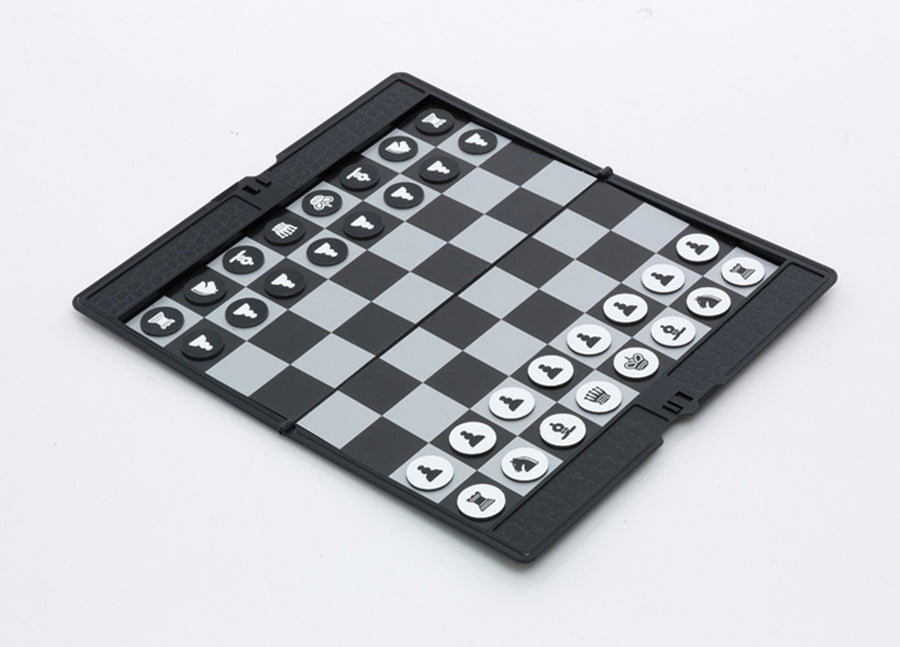
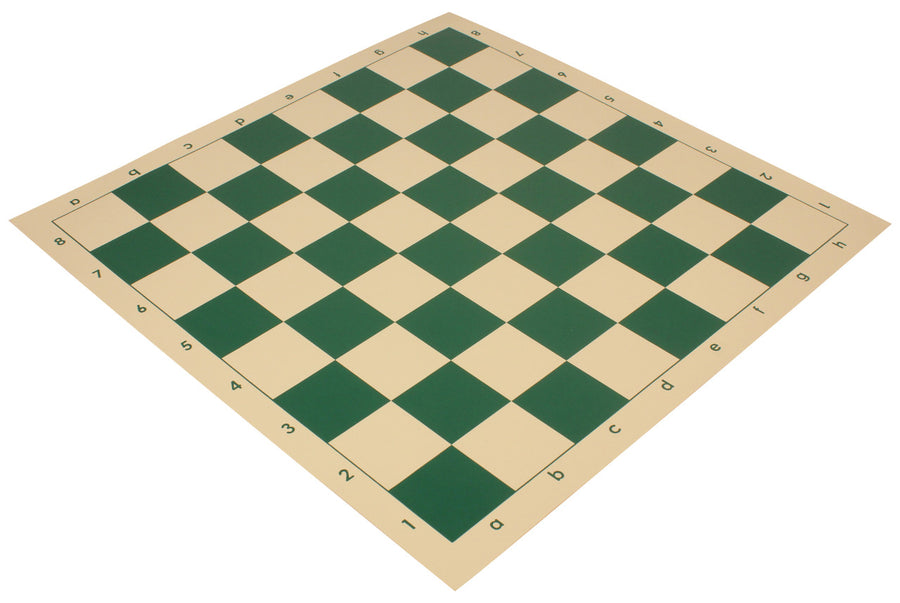




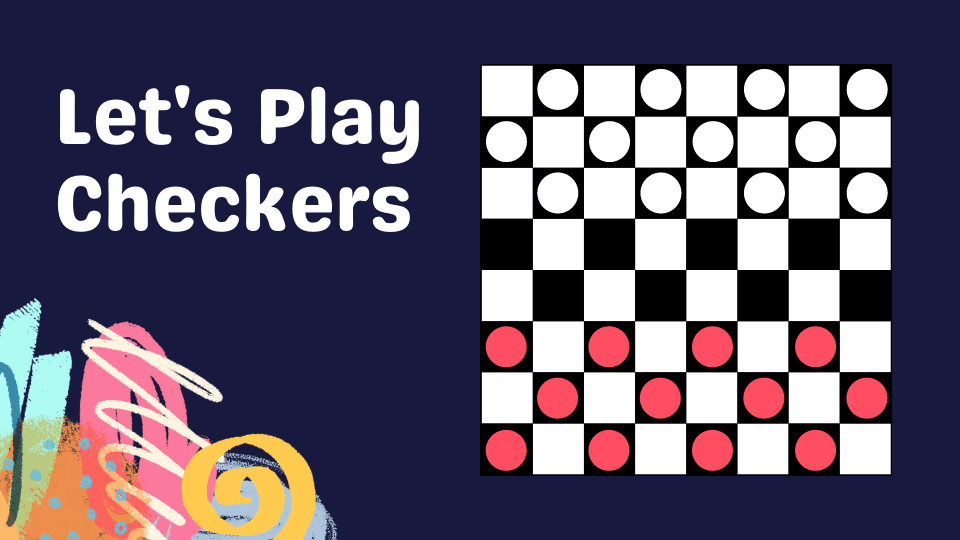

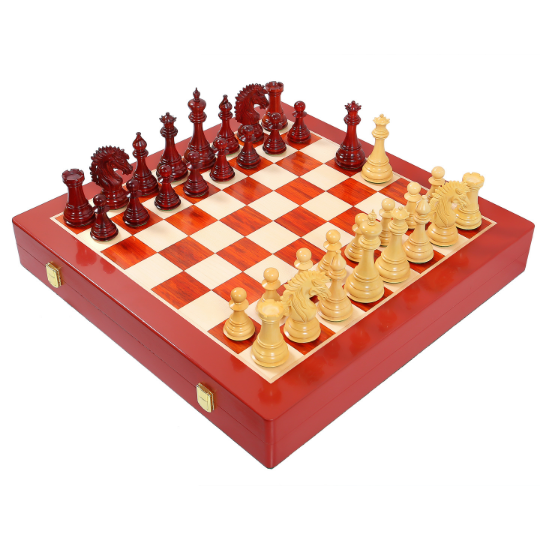




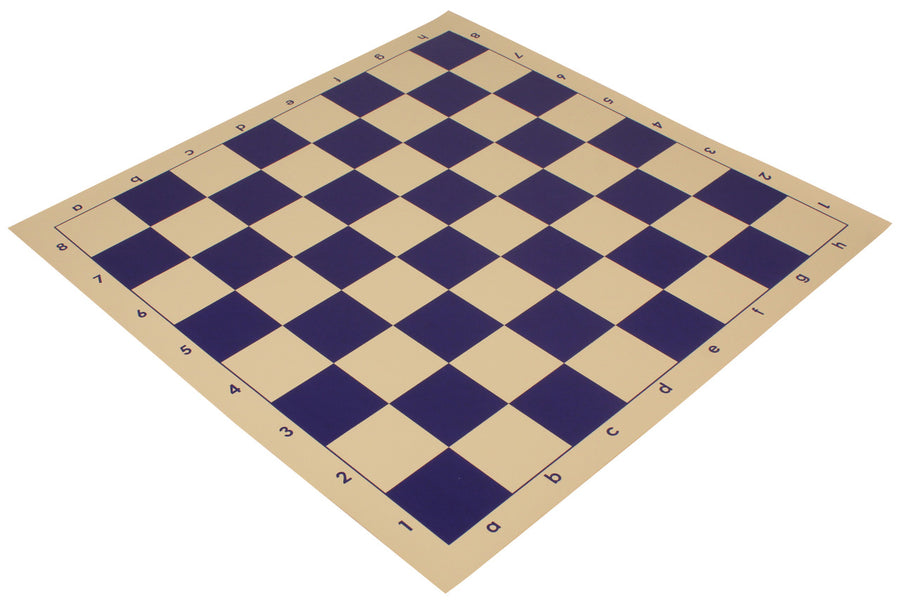














Hinterlassen Sie einen Kommentar